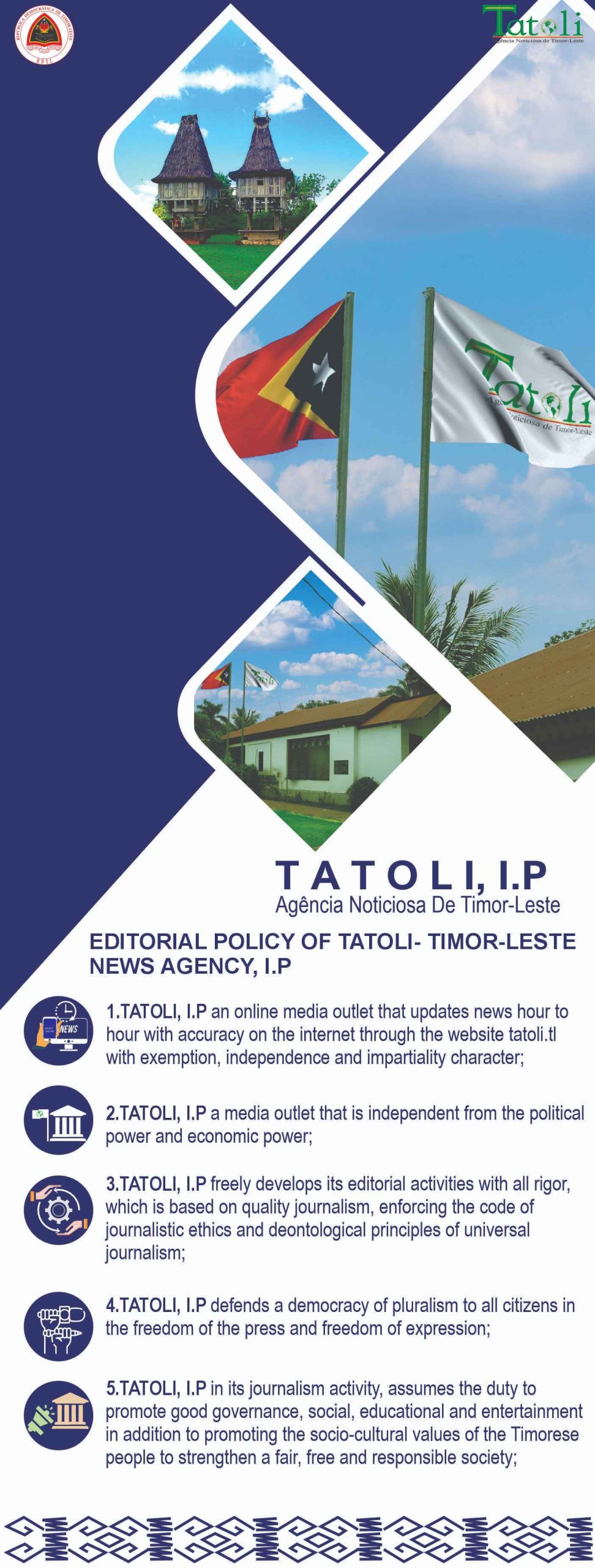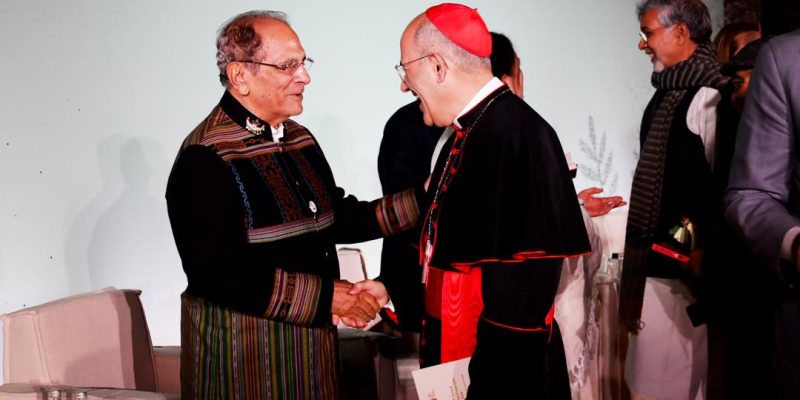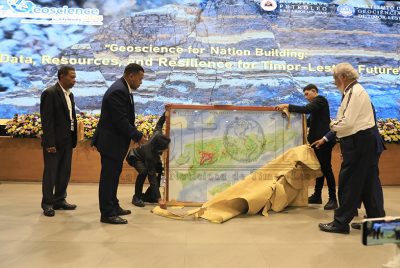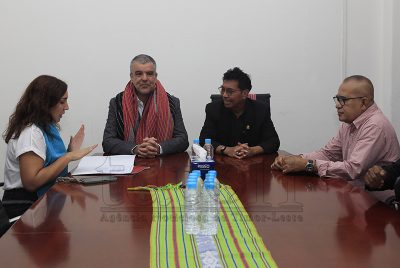Oecusse Ambeno, 12 june 2023 (TATOLI)- The International Labour Organization (ILO) and the United Nations Children’s Fund (UNICEF) have renewed their call for the prioritization of social safety nets and provision of quality social services to help protect children against the worst forms of child labor in Timor-Leste.
According to a statement accessed by Tatoli, The two UN Agencies further urged the Government to consider the adoption of the draft Timor-Leste National Action Plan (NAP) against the Worst Forms of Child Labour, which will help to define activities classified as child labor and further lists some of the work, which is harmful to children.
This call was made in the Autonomous Region of Oecusse Ambeno during an event to commemorate the World Day against Child Labour, globally commemorated on the 12th june.
In Timor-Leste, the draft National Action Plan against Child Labour, which is already on the table of the Coordinating Minister for Economic Affairs for approval, will provide the much-needed direction for the country to respond and prevent the worst forms of Child Labour.
“We would like to reiterate our call for ratification of this NAP as soon as possible so that it becomes a guideline for the government and all related sectors to work and contribute to the elimination of child labor in Timor-Leste,” said ILO Country Director to Indonesia and Timor-Leste, Michiko Miyamoto.
Note added that Child labor, which refers to work that is harmful to the physical and mental development of a child, has been on the rise in Timor-Leste due to heightened household poverty, which is forcing more parents to send their children out to earn extra money for household expenses.
In addition, the social and economic impacts of the COVID-19 pandemic, and the inflation as a result of the Russia-Ukraine crises, have added strain to household incomes and pushed more children into economic activities.
“Too many children continue to be deprived of their childhood, their potential, and their dignity as they spend endless hours engaged in hazardous economic activities,” said UNICEF Representative, Bilal Aurang Zeb Durrani. “Guided by the international commitments made by Timor-Leste through the ratification of the Convention on the Rights of the Child in 2003, we must now take urgent steps to bring this problem to an end.”
To reverse this current trend, the ILO and UNICEF advocate for increasing social protection safety nets such as credit schemes for vulnerable families. In addition, improving access to quality social services such as education and decent employment for adults will also hedge families from economic shocks and protect children from Child Labour.
It is known that the ILO and UNICEF have further recommitted to working with Government and the Civil Society to sensitize parents on the nature of Child Labour and to help them understand the harmful effects of the practice.
According to the 2016 National Child Labour Survey, more than 67,688 children aged 5 to 17 years, or 16 percent of children in this age group are engaged in some form of economic activity. The survey further reveals that 52,651 children are classified as engaging in child labor, with 10 percent of these being children aged 5 to 12 years.
Journalist: José Belarmino De Sá
Editor: Nelia B.

















